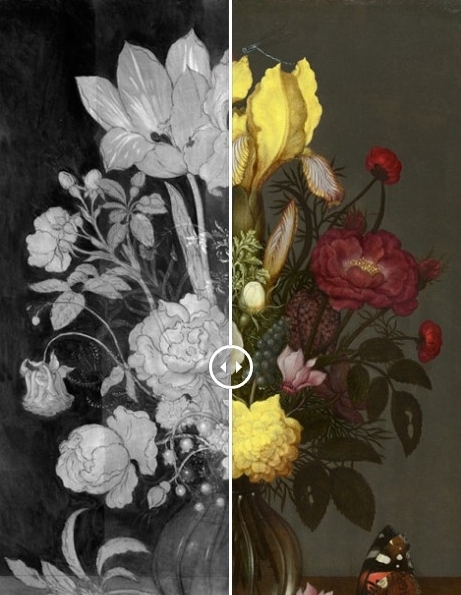The summer before I started high school I attended a month-long summer camp in Coastal North Carolina. During the day, our all-girls camp sailed, swam, ate terrible cafeteria food, and tried not to let anyone spot our strange, changing bodies in the communal shower space. At twelve and thirteen years old, we were on the cusp of adolescence and independence.
Which meant, in other words, kissing.
Well, that's what I wanted it to mean. Our girl's camp was partnered with a boy's camp, and we had a few mixed dances. Once the stars came up in the bright, rural sky, we would titter among ourselves and stare longingly at the other sex. (Woe to any child who was staring longingly at her own sex. Such staring was, literally, prohibited.)
One night, we boys and girls sat in a large circle on the tennis court. Behind us, a few lucky couples danced to quiet DJ music. The counselors tried to make conversation, but honestly, they probably weren't much older than the rest of us. Finally, one of them said, "Well, aren't you all going to ask each other to dance?"
I sat next to my friend, or the girl who I could get to hang out with me that night. We were both wearing vintage dresses, which I thought were much more elegant than the sun dresses I had brought from home. My strappy yellow number was gauzy and beautiful, but a little too revealing, so I wore a white t-shirt beneath it. I felt pretty but conspicuous.
"Isn't someone going to ask someone else to dance?"
I took a deep breath. Then I stood up, walked across the large circle, and stood in front of a cross-legged boy. Everyone sat silently and watched.
"Would you dance with me?"
He was silent. My heart started to sink.
"Come on, give her an answer," said his counselor.
He was still silent. I shifted my weight, and was glad it was dark so no one could see the pink rising in my cheeks.
"No," he said quietly.
I turned back around and walked to my seat.
So, rejection. The word comes from French, which itself comes from Latin for "to throw back." When we're rejected, it's hard not to feel thrown back into the dung heap, tossed back to where we came from.
I don't think I ever asked a stranger to dance again.
But that's ridiculous, obviously. I don't know why that boy didn't want to dance. Maybe his foot hurt. Maybe he didn't want to stand up in front of all his friends. Maybe he didn't like girls in yellow vintage dresses. But what's certain is that he didn't know anything about me. We had never met, and could hardly see one another. Yet I felt as if he had thrown me back.
Writers deal with rejection all the time. Or, I should say, we get rejection all the time. I've had over 20 short stories rejected this year already, and 15 last year. (That's actually not much; I clearly didn't submit enough last year!) And I don't know a single writer who doesn't look at that pile of rejection slips and wonder why he's even bothering to try.
But I also know that I'm grateful for my rejections. I'm grateful that I didn't launch a writing career with the novel I first queried in 2009. I loved that manuscript, but I had no idea what I was doing. It took me six more years of writing (two more novels) and countless more rejections before I signed with an agent. Some of those rejections were helpful. Some of them hurt, because I felt a connection. All of them I had to let go.
If you don't let go of the rejections, if you decide you will never put yourself out there again, the only one you're hurting is yourself. I would have had a lot more fun dancing over the years if I'd asked a few more cute boys (or girls) to dance. I wish I had. I also would have gotten rejected again.
That's life, though. The universe doesn't owe me anything. So if I want to dance, or if I want to see my stories published, I have to keep trying. I'll learn from my experiences (pick a journal that publishes stories I love, and pick a dance partner who I've spoken with before). I practice getting rejected until I can shrug and say, "Oh well. That's too bad, but maybe next time."
I practice yoga, and one of my favorite aspects of yoga is how every pose has an element of effort and an element of surrender. Even while struggling to hold my arms straight and my leg deeply bent in Warrior Two, I relax my shoulders. Even while surrendering myself in a humble forehead-to-floor Child's Pose, I exert a small amount of effort to lower my hips farther toward my heels.
Accepting rejection involves both exertion -- catching the work that has been thrown back to you, looking at it again, working over it again -- and surrender. I will accept that I can control very little about what happens to my work once I send it out there.
I'm writing this now because the PitchWars agent round is coming up, and some people will feel rejected if they don't get the requests they want from the agents participating. Some people will get rejections from those requests. Some writers will send out query letters and get still more rejections. (Which goes for non-PitchWars writers too, obviously.)
That's ok. If you love this, you will write because you need to. You'll try to get published because it's fun to have a dream. And you'll keep practicing. Everything.









